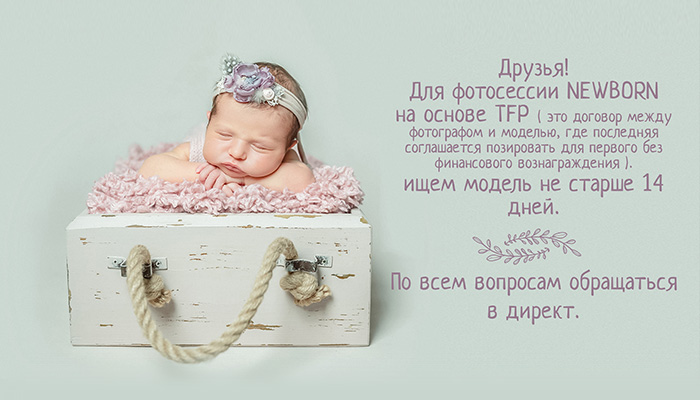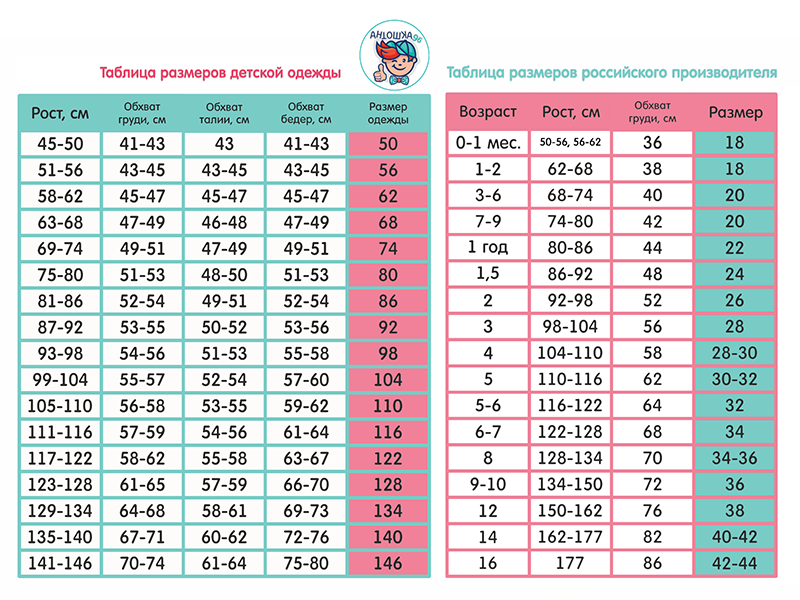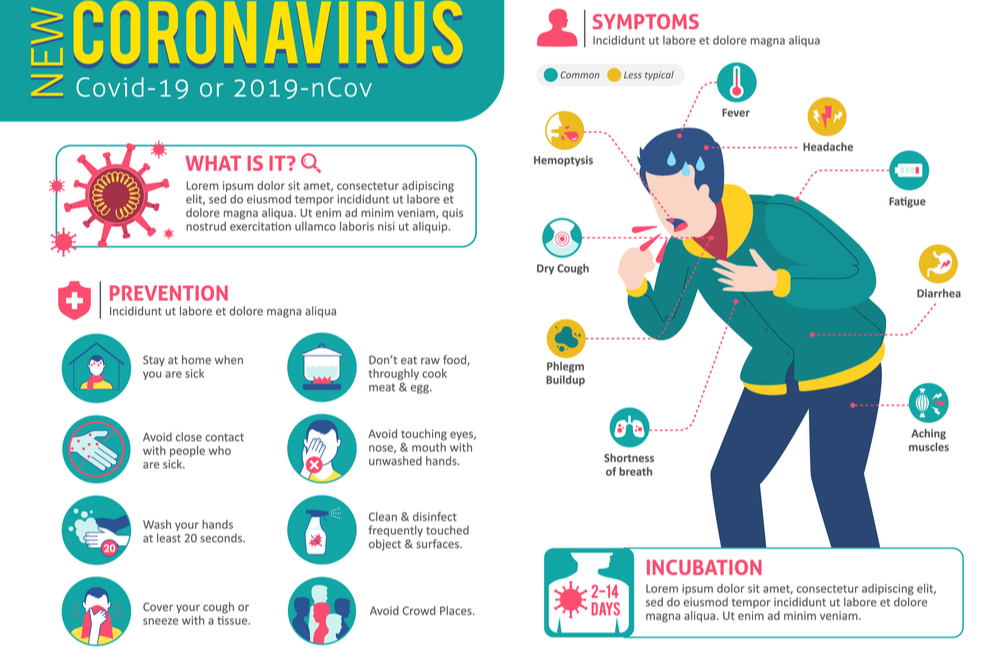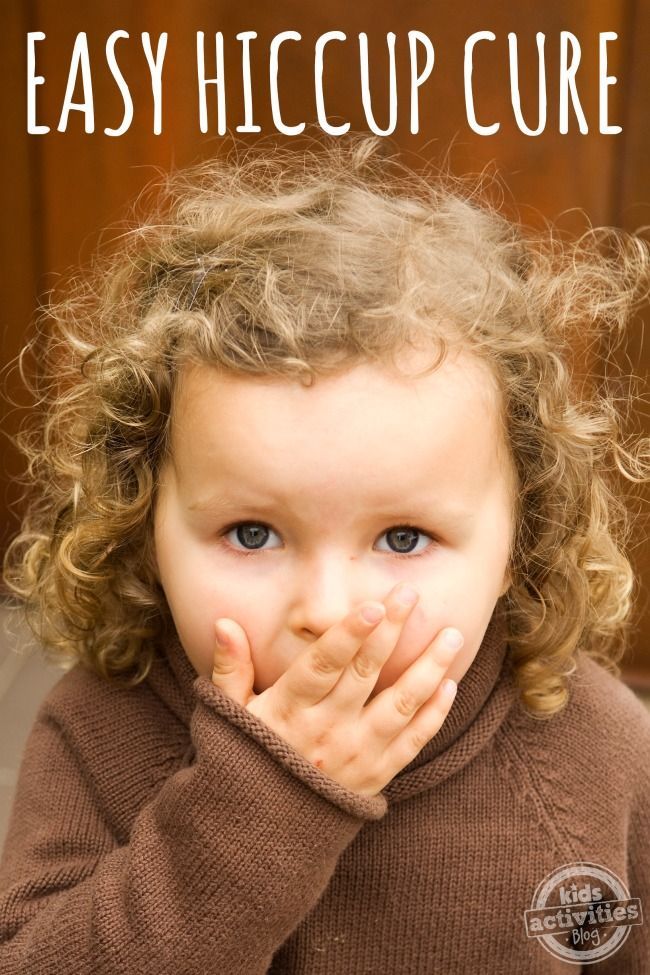How to make your child feel better when sick
Looking after a sick child
If your child is ill, the most important thing to do is to listen to them.
If they say they don't need to be in bed, they probably don't. They might feel better on the sofa with a blanket or duvet.
Whether they're in bed or on the sofa, the following will help them feel more comfortable.
- Keep the room airy without being draughty. If the room is too warm, they'll probably feel worse.
- Give your child plenty to drink. For the first day or so don't bother about food unless they want it. After that, start trying to tempt them with bits of food and encouraging them to have nutritious drinks like milk.
- Try to give your child time for quiet games, stories, company and comfort.
- Sick children get very tired and need plenty of rest. Encourage your child to doze off when they need to, perhaps with a story read by you or on a mobile device or CD.
- Never fall asleep with a sick baby on the sofa with you, even if you're both exhausted. This increases the chances of sudden infant death syndrome (SIDS).
Looking after a sick child, even for a couple of days, can be exhausting.
Get rest and sleep when you can, and try to get somebody else to take over every now and then to give you a break.
Medical help for child illnessYour health visitor, practice nurse, nurse practitioner, GP and pharmacist can all give you advice on how to treat your child's illness.
The GP can treat your child and prescribe medicines. Some health visitors, nurses and pharmacists can also diagnose illness and prescribe medicines for your child.
If your child is ill, you can try your local pharmacy first. They'll tell you if your child needs to see a GP. If your child has signs of serious illness, contact your GP surgery directly or take them straight to the A&E department of your local hospital.
If your child has signs of serious illness, contact your GP surgery directly or take them straight to the A&E department of your local hospital.
Most GP surgeries are very supportive towards parents of small children. Some will fit babies into surgeries without an appointment or see them at the beginning of surgery hours. Many GPs will also give advice over the phone.
If you find it difficult to contact your doctor or get to the surgery, you can call NHS 111 for medical advice, 24 hours a day.
Dealing with children's minor accidentsMany GP surgeries, minor injury units, walk-in centres and pharmacies are equipped to deal with minor casualties, such as cuts or items trapped in the nose or ear.
In this situation, ask a GP or NHS 111 for advice on where to go before you go to A&E.
Further information- Diarrhoea and vomiting
- Medicines for babies and toddlers
- Treating a high temperature in children
Video: How do I look after a sick child? (18 to 30 months)
This video explains how to look after your child if they get sick.
Media last reviewed: 10 October 2020
Media review due: 10 October 2023
Page last reviewed: 9 November 2021
Next review due: 9 November 2024
Activities for Children Sick at Home
You can download this article as a PDF (English, Spanish).
Beyond TV, Video Games, Apps and the Internet
When you have a child who is sick at home, it can be tough to find things for them to do. Of course there’s always TV, video games, apps and the Internet, but it’s better to fill most of the day with other activities. We hope you find some ideas here. But first, there are a few things to remember:
Avoid choosing activities that might frustrate your child. Choose things they can do with ease when feeling well. Familiar toys and play items give a child comfort and security. When choosing new projects or toys, select ones that are geared to a slightly younger age.
Know that your child’s attention span will be shorter than normal.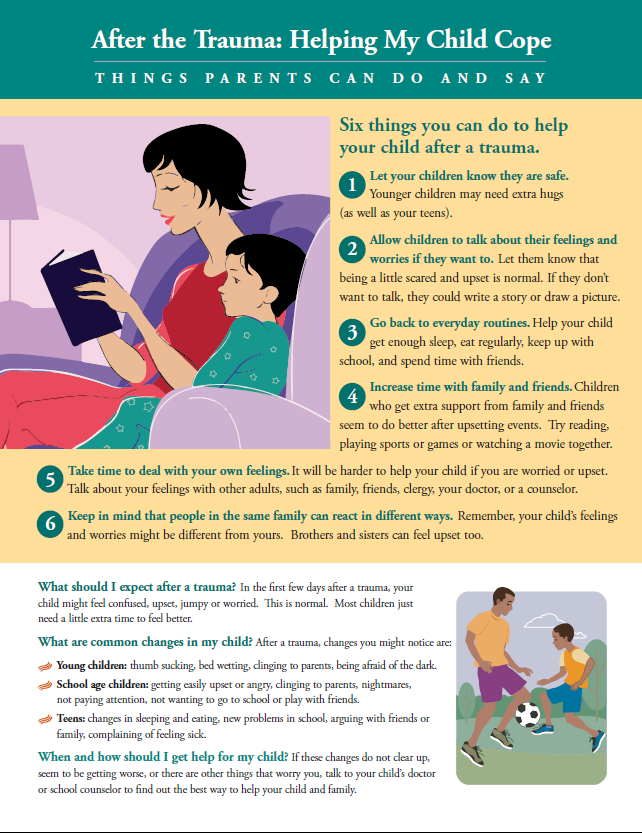 Plan activities that can be finished in short periods of time or can be stopped and started again easily. If your child needs to stay in bed, place a table by the bedside. Provide a large, firm surface to work on. A lid from a large cardboard box can help keep track of pieces or supplies.
Plan activities that can be finished in short periods of time or can be stopped and started again easily. If your child needs to stay in bed, place a table by the bedside. Provide a large, firm surface to work on. A lid from a large cardboard box can help keep track of pieces or supplies.
Try to set regular times throughout the day to spend with your child so you can still go about your daily tasks. If your child is young, they will need your attention more often, but for shorter periods of time. If your child is older, they can manage being with you less often, but will enjoy having you stay long enough to play a game or do something together.
Help your child get started on an activity, check on progress and help with clean up. This kind of structure encourages a child to continue on their own.
Try not to insist on neatness. For messy activities, an old vinyl tablecloth can help protect your child’s bed or play area. (Do not use thin plastic bags or sheets with children under three years due to suffocation hazard.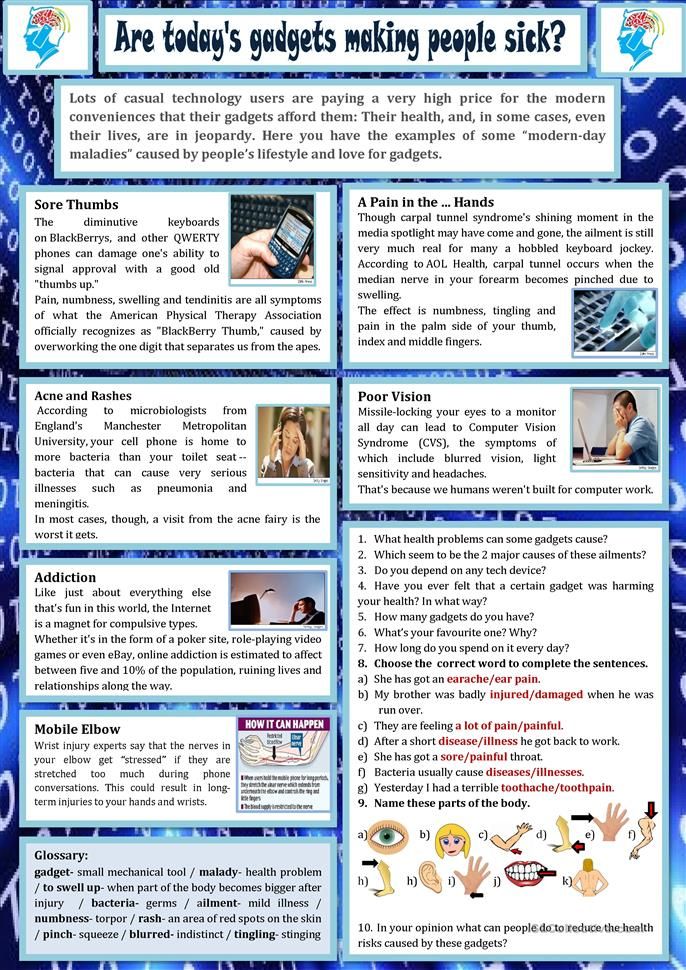 )
)
Activity Suggestions
Under 3 years
- Cuddling and tender loving care
- Reading/looking at books
- Coloring
- Sorting/matching toys and activities
- Music
- Play-Doh
- Easy-to-handle building sets (Duplo)
- Dolls/stuffed toys
- Activity sets or centers (such as Fisher Price Farm or Garage)
3 to 5 years
- All of the activities listed above, plus:
- Puzzles (5–25 large pieces)
- Puppets (make your own out of paper lunch sacks!)
- Painting
- Cutting and pasting
- Dramatic/imaginative play ( “Let’s pretend…”)
- Bubbles
5 to 7 years
- Simple games (Candyland, Chutes & Ladders, checkers, cards)
- Puzzles (up to 60 large pieces)
- Simple crafts, using: safety scissors, glue, crayons, non-toxic felt markers, tape, scrap material/yarn, paper/cardboard, egg cartons, paper towel tubes, ribbon, wrapping paper, etc.

- Construction/put-together sets with more pieces (Lego)
- Sorting/matching/counting activities (pictures, colors, objects)
- Reading/stories
- Music
- Play-Doh
- “Practice” academic skill
- Collections
7 to 9 years
- Paper and pencil games (word search, mazes, matching, crosswords)
- Board games
- Puzzles (100 pieces)
- Crafts (can add more steps, materials)
- Beginning sewing activities
- Magnets and science-like activities
- Reading
- “Helping” activities
- Collections
- Music
9 to 11 years
- Activities from above group, but make them harder or more complex. Your child has more defined interests at this age.
11 years and up
- Already developed interests will guide choices.
- Competitive games
- Hobbies/collections
- Music
- Reading
- Talking
- Daydreaming, planning, organizing
Booklist
This list includes some of the many books for parents and caregivers.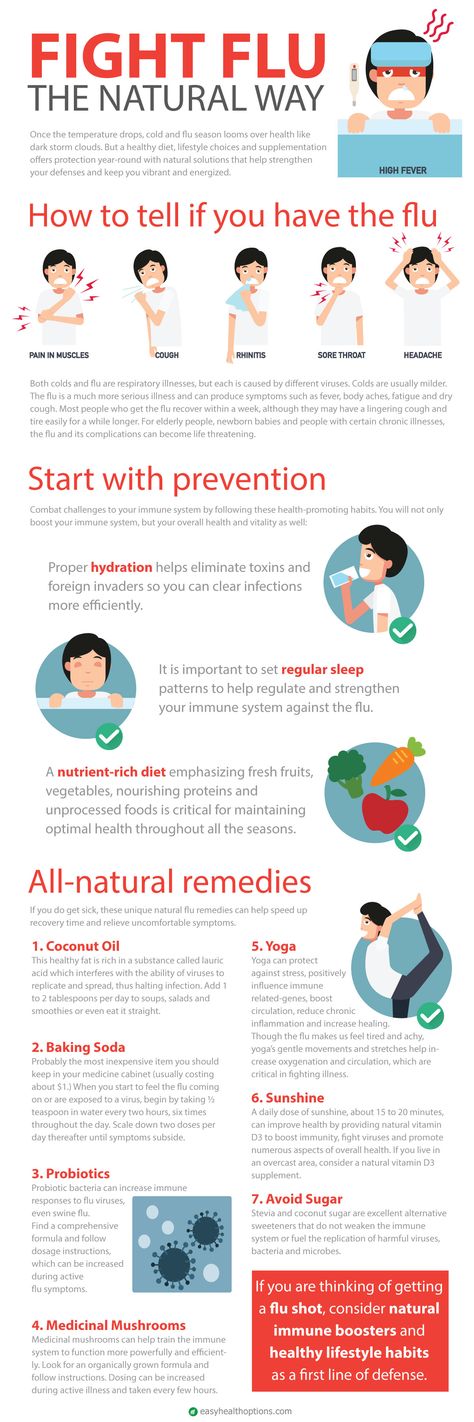 Visit a local library or bookstore, or look online to choose those that best fit your needs and style of child rearing.
Visit a local library or bookstore, or look online to choose those that best fit your needs and style of child rearing.
101 Activities for Kids in Tight Spaces: At the Doctor’s Office, on Car, Train and Plane Trips, Home Sick in Bed.
Stock Kranowitz, Carol 1997
Creative Crafts for Kids
Dickinson, Gill and Owen, Cheryl, 2013
The Kids’ Multicultural Art Book
Michaels, Alexandra, 2007
Little Hands Art Book
Press, Judy, 2008
The Super Duper Activity Book
Gordon, Lynn, 2003
How to help a child with a sibling who is sick
This information will help you learn how you can help your child cope with his or her brother's or sister's diagnosis and treatment.
The illness of one of the children affects the whole family. It can be especially difficult for your other children. They may worry about a sibling, feel stressed about changes in their family's routine, or feel a lack of attention. It may be difficult for you to help your children, as you yourself have to cope with your emotions and responsibilities.
It may be difficult for you to help your children, as you yourself have to cope with your emotions and responsibilities.
The information in this resource can help you understand your child's feelings. It will also help you choose your child's support strategy. You may also want to seek support from someone you and your child can rely on. For a list of support services, see the Resources for You and Your Family section of this resource.
back to top of pageUnderstanding a child's feelings
All children react differently to a sibling's diagnosis. Below are feelings that your child may have, as well as possible actions to support.
- Sadness : Your child may feel lonely and sad. These feelings may arise from changes in your family's routine and separation from you and your sibling during appointments or treatment. Try to do something to make your child feel special. When you remind your child that you think of him and love him, it can help him deal with these feelings.
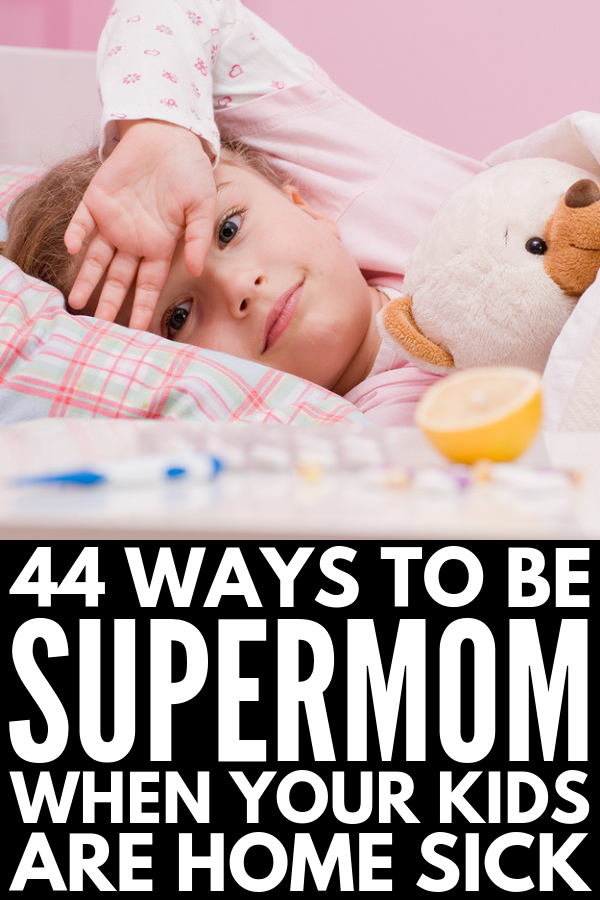
- Worry : Your child may be worried about the health of a sibling. Talk openly and honestly about the health of your child's sibling. Let your child express their feelings and ask questions. This will help create an environment where the child will feel supported and know that they can get answers to their questions.
- Anxiety : Your child may feel anxious about what his family is going through. Many unexpected changes can occur in your child's life and daily activities. Try to maintain your child's daily routine as much as possible, but also prepare him for the expected changes. Explain to your child what changes might happen and what actions might be needed in the coming weeks. Perhaps this will help the child to get rid of some anxiety and uncertainty in the future.
- Anger : Children often express their emotions through anger. Your child may feel angry when he sees you paying more attention to his brother or sister.
 The child may become angry when you spend less time with him, focusing on his sibling's medical needs. Talk to your child about his feelings. Talking to you or a trusted adult can help your child deal with anger.
The child may become angry when you spend less time with him, focusing on his sibling's medical needs. Talk to your child about his feelings. Talking to you or a trusted adult can help your child deal with anger. - Pain : It may hurt your child to see changes in the family or see the side effects of treatment in a sibling. Your child may also observe your reaction to his sibling's diagnosis and treatment, which may affect his own feelings. This is fine if you want to avoid having a difficult conversation with your child. But by talking to your child about what you're all going through, you can help him express his feelings.
- Jealousy : your child may feel neglected or think that you are spending more time with his brother or sister. Try to set aside time to be alone with each child. This way, each of your children will have their own time to spend alone with you, and none of them will have to fight for your attention.
- Guilt : Your child may feel guilty about negative feelings towards his sibling or family.
 Talk about the different emotions your child may be experiencing. Remind them that it is okay to experience them; this can help reduce the child's feelings of guilt.
Talk about the different emotions your child may be experiencing. Remind them that it is okay to experience them; this can help reduce the child's feelings of guilt. - Confusion : Children often feel confused when a brother or sister is sick. Your child may be asking himself why a sibling is sick and he is not. He may wonder if he himself will get the same disease. He can also decide if a brother or sister is sick because of him. Be sure to reassure him by explaining that this is not true. Honesty and directness in communicating with a child can help him understand what happened and cope with confusion.
- Annoyance : Daily routines and family responsibilities may change when your child starts treatment. All family members need to adapt to these changes. Brothers and sisters may feel frustrated by these changes and want to do more to help their sibling. Help your child adjust to change. This can help him cope with feelings of frustration and uncertainty.
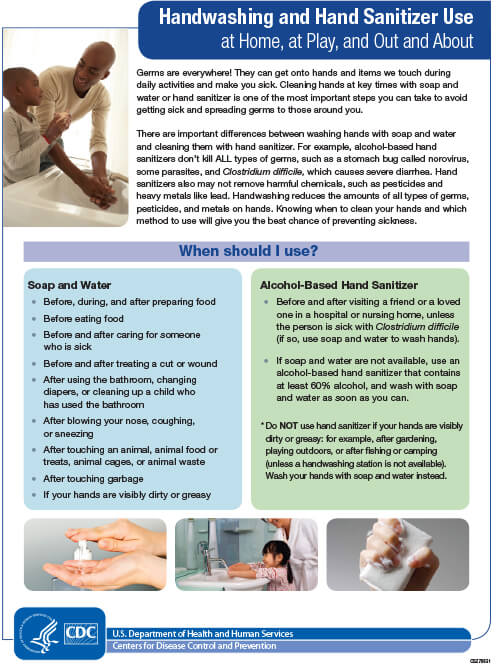
These feelings are normal. However, there are times when the help of a therapist or other healthcare professional can be helpful or even necessary. Look closely to see if your child is showing emotions that interfere with their social, emotional, or physical well-being. He may complain that he has a headache or stomachache. Your child may return to younger behaviors, such as bed-wetting or thumb-sucking. If you have any concerns or are unsure of what to do next, please contact your social worker or the MSK Kids Medical Team.
back to top of pageHow to support your child
A child's response to a sibling's diagnosis and treatment depends on the child's age and understanding of the situation. His reaction will depend on how his loved ones cope with the situation. Here are some ways you can help your child understand and deal with a sibling's diagnosis.
Be open and honest
You can try to protect your child and tell him that his brother or sister will be fine.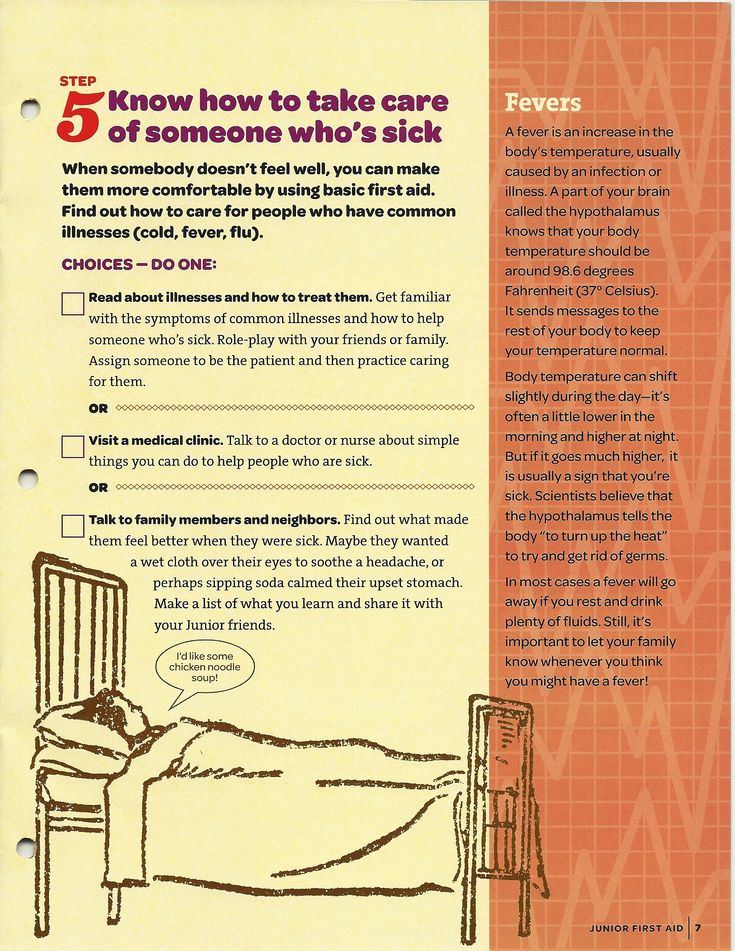 However, it is important not to lie to your child or make promises that you cannot keep. This can confuse your child even more. Having an open and honest conversation will help your child trust you. It will also help your child not be alone with their thoughts and feelings during such a difficult time. You may not have all the answers, and you can honestly admit it.
However, it is important not to lie to your child or make promises that you cannot keep. This can confuse your child even more. Having an open and honest conversation will help your child trust you. It will also help your child not be alone with their thoughts and feelings during such a difficult time. You may not have all the answers, and you can honestly admit it.
Help your child deal with feelings
Let your child know that his feelings are normal. Help him express his feelings through art, play, and other activities. This will help the child deal with emotions. Also talk to your child about your feelings. Tell him that you feel sad and afraid too. Explain how you deal with these feelings. Your child may say that he is "doing well" or that he has no feelings about a sibling's diagnosis. Keep telling your child that he can rely on you.
Give him the opportunity to ask you frank questions
Your child may have questions about what happened to his sibling and why it happened.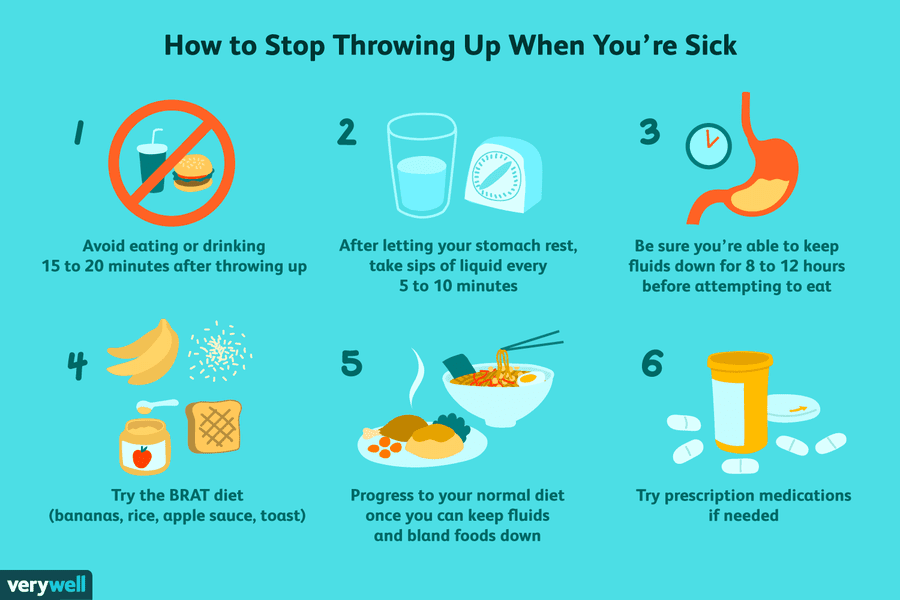 You may worry about how your child will react to a sibling's diagnosis. It is important to let your child know that you can ask questions. Try to answer them as honestly as possible. Allowing your child to ask questions will help him feel more comfortable with you. By honestly answering questions, you will help your child understand what is really going on. The child will no longer need to build erroneous assumptions about the situation. Your healthcare team can help you prepare to talk to your child.
You may worry about how your child will react to a sibling's diagnosis. It is important to let your child know that you can ask questions. Try to answer them as honestly as possible. Allowing your child to ask questions will help him feel more comfortable with you. By honestly answering questions, you will help your child understand what is really going on. The child will no longer need to build erroneous assumptions about the situation. Your healthcare team can help you prepare to talk to your child.
Make time for your child
Changes can make your child feel sad and alone. Try to spend some alone time with him so that he feels safe and supported. Drive a car, take a walk or play with your child. Your child can think of what he would like to do.
Ask your child for help
Help your child feel connected and needed by asking for help. He can help you collect toys to give to your brother/sister at the hospital. It will also help your kids keep in touch with each other if they can't be around.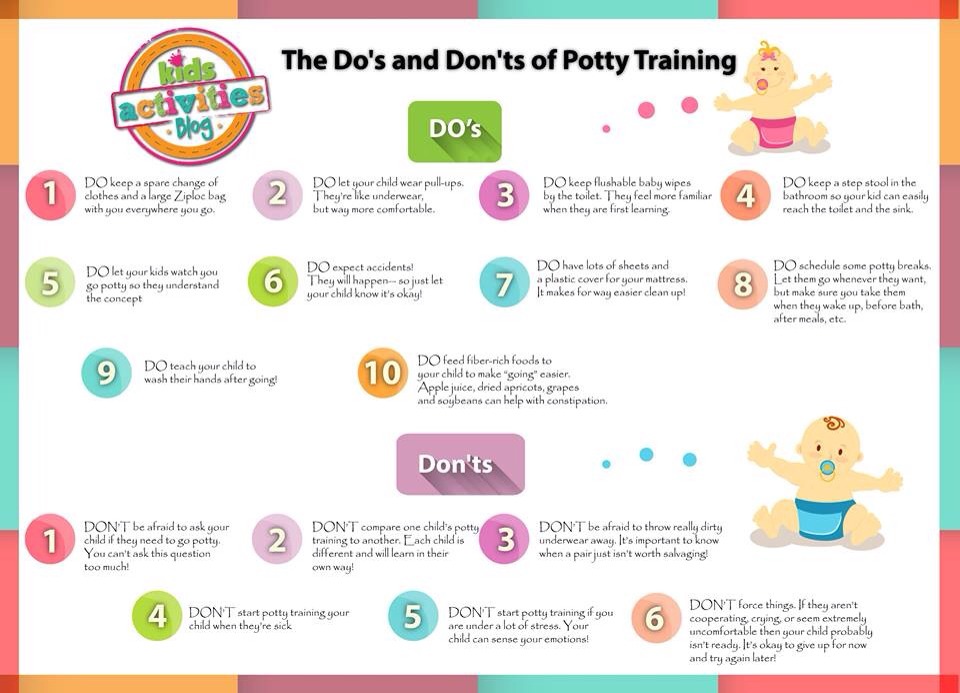 If possible, have your child visit a sibling in the hospital. This will give him an idea of the hospital and what is going on in it.
If possible, have your child visit a sibling in the hospital. This will give him an idea of the hospital and what is going on in it.
Talk to your child's teachers and coaches
If your child is in school, tell the teachers about his or her sibling's diagnosis. This can help your child feel supported there too. A teacher or social counselor can help a child express feelings throughout the day. You may also want to talk to members of your child's social groups, such as coaches, teachers, or religious leaders. Adjusting to change will be difficult. This is where a support network can help.
Take care of yourself
The best thing you can do for your child is take care of yourself. Choose someone you feel comfortable talking to, even if you're not sure what you want to say. It is important to create a support system for you and your family.
back to top of pageResources for you and your family
MSK support
Memorial Sloan Kettering (MSK) has many resources to support you and your family. For more information about the programs described in this section, talk to your social worker or child support worker.
For more information about the programs described in this section, talk to your social worker or child support worker.
MSK Kids Support Services
www.mskcc.org/pediatrics/experience/life-pediatrics/support-services-care-teams
The support services and medical teams at MSK Kids can help you navigate your child's diagnosis and treatment. during the entire period of treatment. They can provide your family with support, assistance, counseling and additional resources. Talk to your healthcare team about getting support for you and your family.
Support for caregivers
www.mskcc.org/caregivers
To take better care of your family, you need to take care of yourself too. The resources and support available to help with the many responsibilities that come with caring for a child in treatment. For support resources and information, see the resource Handbook for Carers.
Talk about Cancer with Children
www.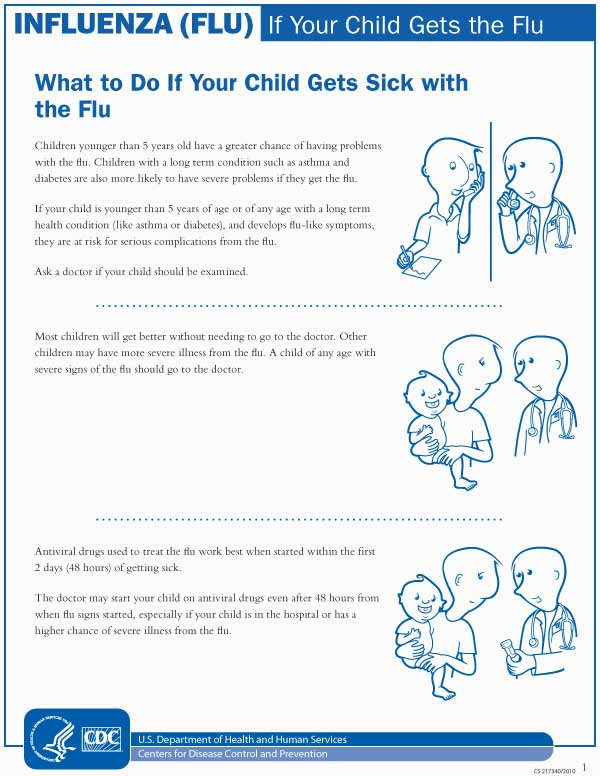 mskcc.org/experience/patient-support/counseling/talking-with-children
mskcc.org/experience/patient-support/counseling/talking-with-children
Talking with Children About Cancer is a parenting support program for parents undergoing cancer treatment. But this program can also help you talk to your child about his or her sibling's treatment. Our social workers offer family support groups, individual and group counseling, access to resources, and guidance for professionals including school social workers, school psychologists, counselors, teachers, and other staff.
Additional Resources
Here are some resources that can help your child with a sibling.
Useful literature
A Day with Dr. Waddle
Posted by Center for Basic Cancer Research
Age 7 to 10
Because…Someone I Love Has Cancer
Posted by American Cancer Society
Age 5 to 11
Drums, Girls & Dangerous Pie
Written by Jordan Sonnenblick
Age 10 to 13
Oliver's Story- For "Sibs" of Kids with Cancer for siblings of children with cancer)
Author: Michael Dodd (Michael Dodd)
Age 3 to 8 years
Sort of Forever (Like forever)
Author: Sally Warner (Sally Warner)
Age 8 to 12 years
Staying Afloat
Contributors: Suzanne Kornblatt, Licensed Social Worker, Joanna Formont, Licensed Mental Health Consultant, Arlene Basner, Physician Assistant, Joan Perkell, Licensed Clinical Social Worker, and Diane Diane Silver, Physician Assistant
All Ages This book is a guide to share with parents and siblings in coping with difficult feelings.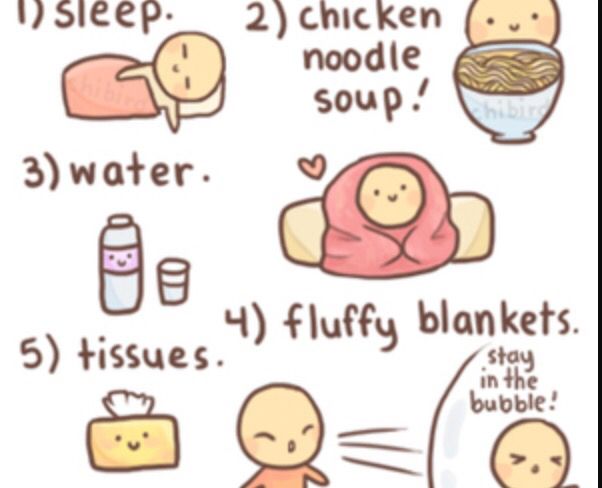
What About Me, When Brothers and Sisters Get Sick
By Allen Peterkin, MD
Age 3 to 8
Community Support
CancerCare
800-813-4673
www.cancercare.org
This organization provides counseling, support groups, educational workshops, publications, and financial assistance.
Red Door Community
212-647-9700
www.reddoorcommunity.org
A place where people with cancer receive social and emotional support through networking, participation in workshops, lectures and community events. The Red Door Community used to be called Gilda's Club.
Alex's Lemonade Stand
www.alexslemonade.org/childhood-cancer/for-families/supersibs
Non-profit organization that provides support services for children with cancer and their families. They also have a special program for siblings called SuperSibs!
Sunrise Day Camp
https://sunrisedaycamp. org
org
Day camp for children and adolescents aged 3½ to 16 with cancer and their siblings.
SIBSPLACE ®
516-374-3000
www.sibsplace.org
This is a free program for children ages 5 to 17 who have a parent or sibling with cancer. This program offers peer support and creative activities.
How to tell a child about what he is sick with
Most importantly: your silence will not protect the child from experiences. But when talking with him, it is important not only to tell him the diagnosis, but to tell him about the disease and how it will be treated.
Let's take two steps back. You still don’t know anything about the disease and the diagnosis, it’s just that the child began to complain about feeling unwell, possibly pain, weakness or drowsiness, it became more difficult for him to do his daily activities, kindergarten, school, circles. So far, neither he nor you understand what is happening, and simply turn to a doctor who prescribes tests and examinations.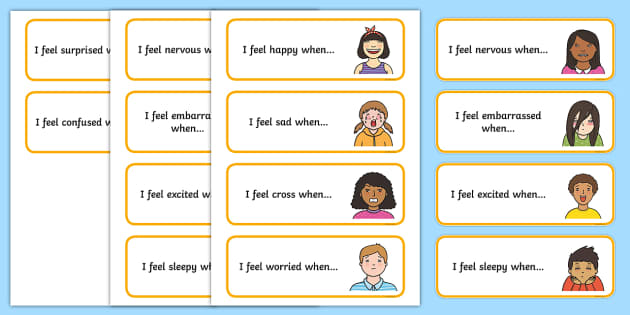 And already at this moment it is very important that the child understands why this is being done, why you suddenly began to go to the doctor so often, why you need to take tests, undergo CT or MRI.
And already at this moment it is very important that the child understands why this is being done, why you suddenly began to go to the doctor so often, why you need to take tests, undergo CT or MRI.
Photo: Thomas Stephan on Unsplash
Say, "You seem to be unwell, we are trying to figure out what's going on and tests are needed so that the doctor can prescribe the best treatment for you." Thus, you will take the first step towards then talking about the disease. Not necessarily heavy, but especially about her.
In culture, society, like every individual person, there is a system of beliefs that take a long time to form and are not always realized by us. That is, we do not always understand why we are sure of something. However, when making a decision that concerns the psychological well-being of a child during and after an illness, it is important to make sure that you consider all the possible consequences. Let's take a look at some of the most common beliefs about disease communication and treatment.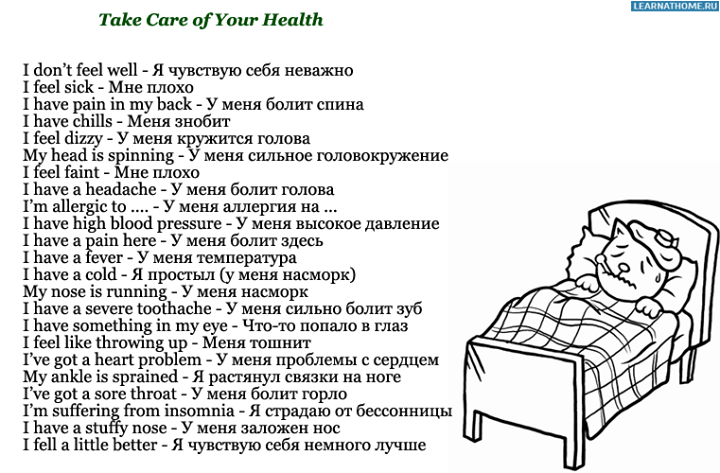
“It is better not to talk about illness”
When it comes to health, the principle “silence is golden” is not entirely appropriate. The ability to speak openly about how you feel is essential; this is a guarantee of timely assistance. And usually in most families, if a child gets sick, it happens. Children get used to the fact that parents worry about them, for their health, discuss what is happening, want to help.
But if a child felt the difference: earlier it was possible to talk about health with parents, but now they suddenly fell silent, this will not go unnoticed. Children, of course, remember that they were told about a sore throat, and they were explained what to do so that it does not hurt, and then something happened, because of which mom and dad began to be silent or speak evasively. It is important that the same style of communication, open discussion, remains if parents are informed of a diagnosis that is worse than the common cold.
From the age of 2-3, children try to comprehend what is happening. If they do not receive an answer from their parents, [they try to find it themselves] (32616), including by observing adults, their emotional state. Many mothers say that they try not to show their emotions to the child. Some do it better, some worse, but children know their parents very well. And even if mom goes out the door to cry, she will not be able to completely hide her feelings. The child, most likely, will notice changes in her behavior, that she has become more thoughtful, closed, has stopped playing the way she used to. That is, even if you decide that you will not talk with the child about the disease, he will still begin to worry.
If they do not receive an answer from their parents, [they try to find it themselves] (32616), including by observing adults, their emotional state. Many mothers say that they try not to show their emotions to the child. Some do it better, some worse, but children know their parents very well. And even if mom goes out the door to cry, she will not be able to completely hide her feelings. The child, most likely, will notice changes in her behavior, that she has become more thoughtful, closed, has stopped playing the way she used to. That is, even if you decide that you will not talk with the child about the disease, he will still begin to worry.
If we retain the ability to speak, the child will remain in his former world, in which things that can be discussed, things that can be named take place. And this means that it becomes more manageable and weaker - this is how our consciousness works. Remember how in fairy tales, pronunciation of the real name deprived the hero of part of his strength? So here. In addition, it is important for the child that the family maintains trust and cohesion, a sense of support.
In addition, it is important for the child that the family maintains trust and cohesion, a sense of support.
"You need to be honest, tell the child the truth"
What truth is the diagnosis? But the name of the disease is not so important for the child, he needs to understand what is happening to him, what is wrong with him, who is to blame. After all, when he catches a cold, you say that his throat is inflamed and he needs to be rinsed. It is unlikely that in the first place you tell him that it is laryngitis or tonsillitis. With more complex diseases, the same picture: it is important for the child to understand what happened in his body and how they plan to help him. And the words cancer, leukemia or neuroblastoma will still seep into his life, no matter how you defend it: he will still hear or read them.
If you plan to talk about a diagnosis, try to name the specific type of cancer. The word "cancer" can have many associations, and most likely, they are associated with the disease of older family members or acquaintances. But all cases are different, approaches to treatment and prognosis too. Lung cancer in an elderly person and acute leukemia in a child are very different diseases. Therefore, it is important to pronounce more specific and narrow names in order to explain more precisely what is happening.
But all cases are different, approaches to treatment and prognosis too. Lung cancer in an elderly person and acute leukemia in a child are very different diseases. Therefore, it is important to pronounce more specific and narrow names in order to explain more precisely what is happening.
But don't limit yourself to the name of the disease! After you pronounce the diagnosis, ask the child if he has heard such a word. And if he heard, then how does he understand it. It is very important that there are no misunderstandings in your dialogue. The basic principle of talking to a child about illness and treatment is to first ask, then say, and then ask again.
For example: “What do you think is happening to you right now?” "Why are you in the hospital?" “Do you want to understand more than you got sick, or is it more important for you to understand how you will be treated?” Before you tell something, it is important to find out what information the child has and what he would like to know more.
After answering his questions, be sure to ask him back what he understood to make sure he got the right information. In this way, you will remain within the child's interest and do not overload him with information. In addition, if he has his own explanations, you can figure out which of these representations are accurate and which are not. Talking about the disease is a dialogue, speak yourself and listen to the child, this is important for him.
“It is necessary, then it is necessary, it is not discussed”
In the hospital, we often encounter the fact that children are not explained why they need certain procedures. And this leads to the fact that the child resists them much more strongly. Refuses to rinse mouth, refuse to diet, clash with parents or staff about restrictions. When we start to figure out what the reason is, we often find out that this is the reaction of children who have never been openly told why they are in the hospital, what the meaning of these restrictions and recommendations are, why they are important.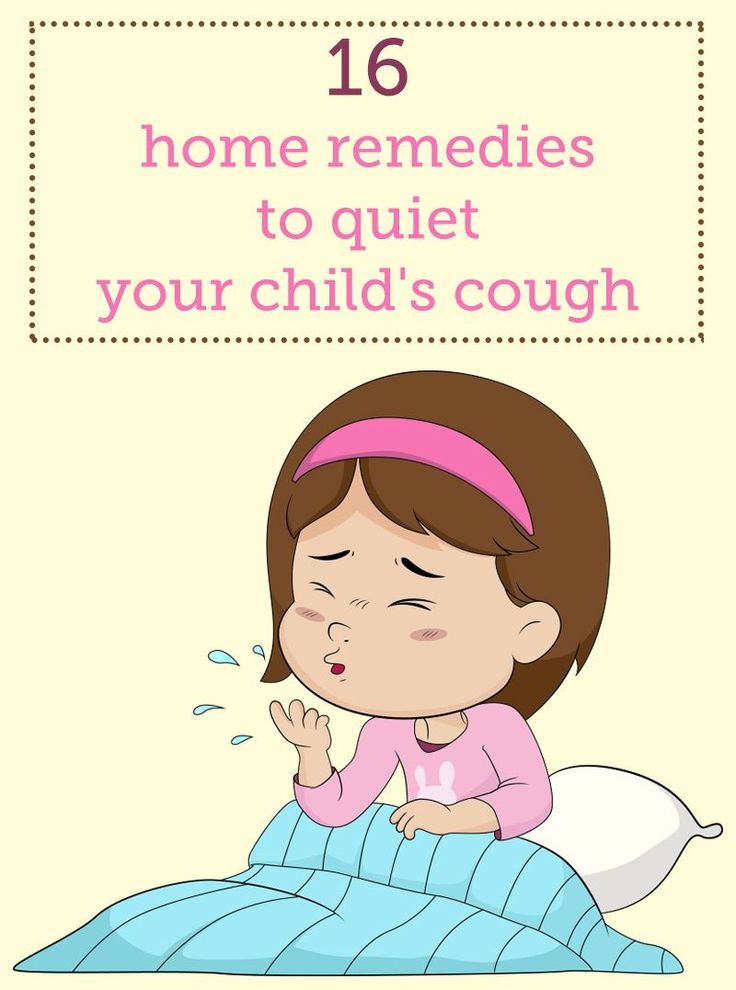
Briefly describe why the child ended up in the hospital. For example: "In order to help you cope with the disease." Explain the purpose of the procedures. “Examinations are needed to select exactly those medicines that will best help you.” Prepare for all specialized treatments: surgeries, radiation therapy, bone marrow transplants. You may need to research the information yourself first, for example by using our booklet on leukemia.
You can talk to young children in the form of a game. Draw blood cells together: good and bad (the former make us stronger, the latter hinder us). If you are unsure of your artistic abilities, look at the drawings in a children's atlas together. Or watch cartoons, for example, Paul and the Dragon, the Doctor Plush series. Heal toys. If the kids want to play hospital, don't be afraid to buy them medical kits or borrow supplies from the nurses. It is important for the child to "digest" the information that he received.
Remember that it is important for children to know how their life in the hospital (not just treatment) will be organized. Will they be able to continue their studies, will they have the opportunity to communicate with friends and in what form, how long will they be in the department, will they be able to stay at home periodically, what will they be able to eat and what to do. As a rule, adults are able to focus on treatment more easily by freezing plans or putting them aside, in addition, time flows differently for them. For children, a few months, six months and a year is a very long time. They need to know what this time will be filled with.
Will they be able to continue their studies, will they have the opportunity to communicate with friends and in what form, how long will they be in the department, will they be able to stay at home periodically, what will they be able to eat and what to do. As a rule, adults are able to focus on treatment more easily by freezing plans or putting them aside, in addition, time flows differently for them. For children, a few months, six months and a year is a very long time. They need to know what this time will be filled with.
Talking about illness, informing is always a process. It is not enough to honestly tell the child once what his illness is, and that's it. It is important for children to understand, digest what is happening and what lies ahead for them. It is necessary to talk with them about the disease during the entire treatment, disposing them so that they can share their fears, worries, experiences. It is also important that the child has the opportunity to prepare for what lies ahead, to practice before the procedure that is incomprehensible and frightening to him.
“Speak, speak like that!”
“I will definitely warn the child that after treatment or surgery, any consequences are possible, so that he is ready.” It is important to choose words here. If you say “anything”, children can understand that everything that happens is out of control and unpredictable. In fact, the treatment or operation has quite definite and known consequences to doctors. For example, the side effects of chemotherapy are nausea, weakness, hair loss. This is what we need to talk about.
For example, tell your child that he will be given drugs that will affect not only bad cells, but the whole body. That is, good cells will also suffer, and this can be difficult. “But we will try to prevent this from happening. There are medicines for nausea, and they will give you them in advance, but if you feel bad, be sure to tell your mother or doctor about it, and they will give you another remedy. It is important to create confidence in the child that the situation is under control, adults know what they are doing and can help.
The same applies to operations. Don't share unfounded concerns. For impressionable children or younger, preschoolers, do not talk about the operation in advance, it is better to do it the day before. Explain that the anesthesiologist will select the medicine and make sure that the child sleeps soundly during the operation. Because one of the children's fears is "what if I wake up and it will hurt me." Keep in mind that your worries and those of your child may be different. In most cases, children are afraid of pain and uncertainty, as well as the absence of parents. Therefore, now doctors are doing everything possible so that mom / dad are there. Be sure to tell the child that after the operation, the child will be given painkillers, and if he has any discomfort, he will need to tell the doctor (or parents) about them in order to immediately receive an additional portion.
What depends on age?
Up to 3 years. At this age, the child needs the parents to be around.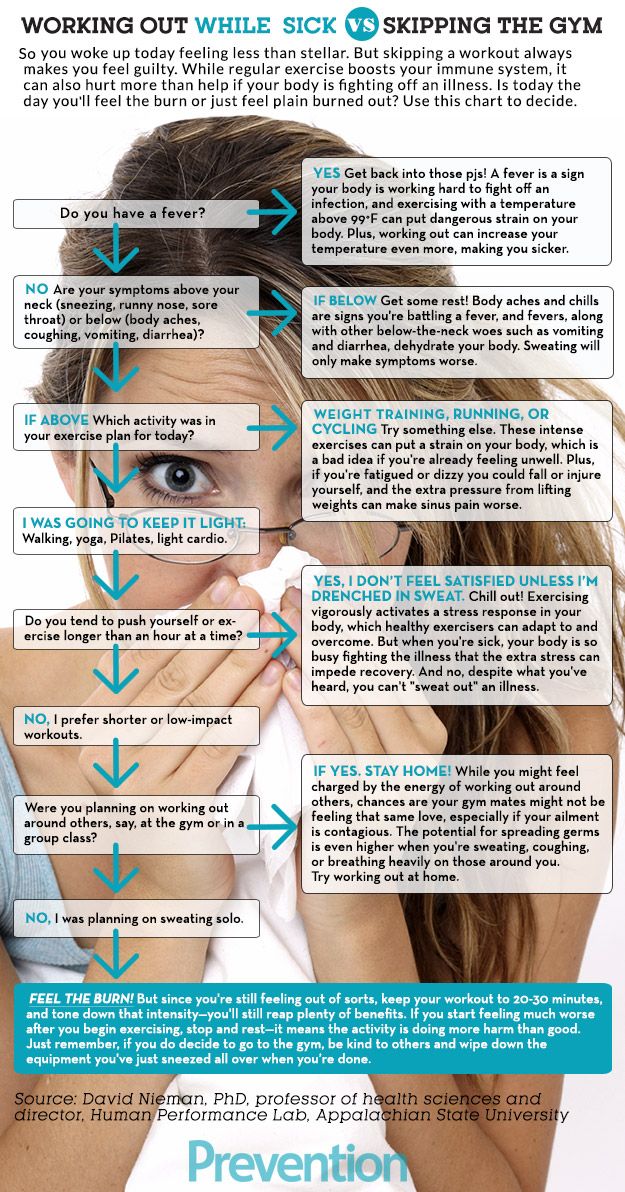 And so that at least to some extent he retained the life that he led before the hospital. This applies to his favorite activities, toys, things to which he is attached. Better take them with you. They will serve as support for him, help him cope with the changes that await him.
And so that at least to some extent he retained the life that he led before the hospital. This applies to his favorite activities, toys, things to which he is attached. Better take them with you. They will serve as support for him, help him cope with the changes that await him.
Preschoolers. Children of this age have a very developed magical thinking: they can ascribe to themselves a special power that affects their lives. Often they think that their actions or even thoughts, feelings could influence the fact that they got sick. Therefore, it is very important to tell them that it is not their fault that they are ill. You can already talk with preschoolers about the side effects of treatment, about how they will be helped, ask them to talk about how they feel, where and how it hurts. Because this information is important to doctors.
From 6 to 12 years old. The capacity for logical thinking increases, but the magical can remain, so it is still important to talk to children about the reasons and ask how they themselves understand them.


